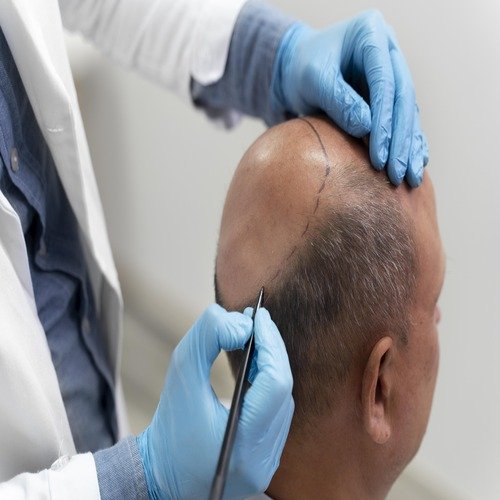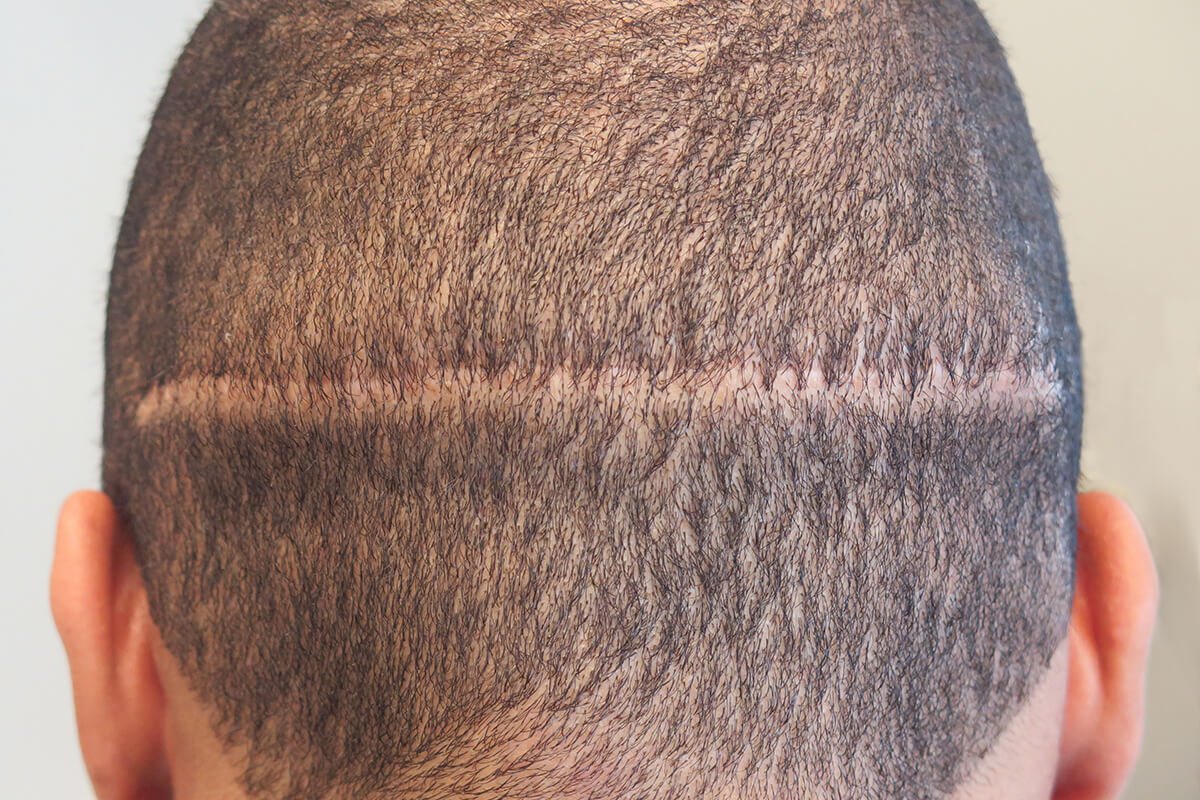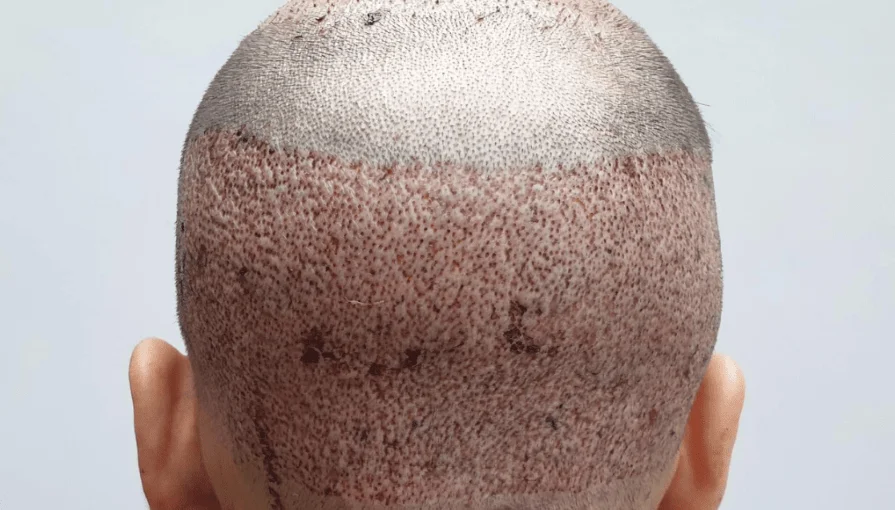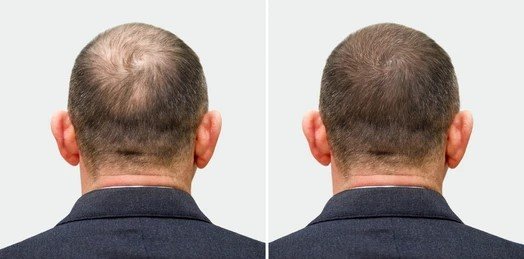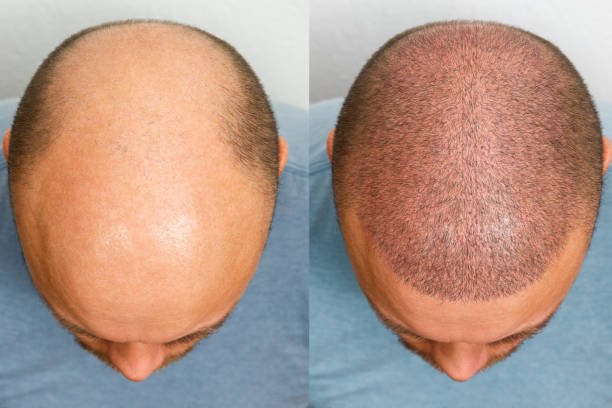Process
Consultation
Get Consultation with a qualified hair transplant surgeon

Preparation and Planning
The surgical team prepares the patient and the operating room.

Hair Transplant
Implantation of hair follicles

Follow-Up
The patient is provided with post-operative instructions and guidelines for care.
Contact Us
Have questions? Get in touch!
Phone
Address
H-2A, Green Park Ext Rd, Near Green Park Gurudwara, Block H, Green Park Extension, New Delhi 110016
Get in touch with us!
Results
Frequently Asked Questions
Yes, hair transplant is considered a permanent solution for hair loss. The transplanted hair follicles, once they have taken root in the recipient area, continue to grow like natural hair. However, it's essential to understand that while the transplanted hair is permanent, it doesn't prevent further hair loss in other areas that are susceptible to balding.
Transplanted hair typically goes through a shedding phase within the first few weeks after the procedure. This shedding is normal and temporary. New hair growth usually begins within a few months, with noticeable results becoming more apparent over the following months. Full results may take 6-12 months to be fully realized.
Follicular Unit Transplantation (FUT) involves the removal of a strip of skin from the donor area, while Follicular Unit Extraction (FUE) involves the extraction of individual follicular units directly from the scalp. FUT leaves a linear scar in the donor area, while FUE leaves tiny, dot-like scars that are less noticeable. Recovery time may be shorter with FUE compared to FUT.
Hair transplant surgery is typically performed under local anesthesia, so patients should not experience significant pain during the procedure. Some discomfort or mild pain may be felt during the recovery period, especially in the donor area, but this can usually be managed with pain medication prescribed by the surgeon.
Good candidates for hair transplant surgery are generally those who have experienced permanent hair loss due to genetic factors (androgenetic alopecia) or other conditions but have sufficient donor hair in the back or sides of the scalp. Ideal candidates should be in good overall health and have realistic expectations about the results of the procedure. Consulting with a qualified hair transplant surgeon is essential to determine candidacy and discuss personalized treatment options.
